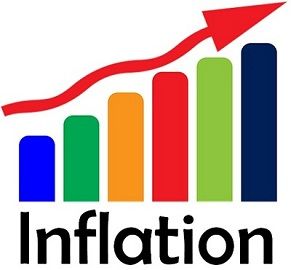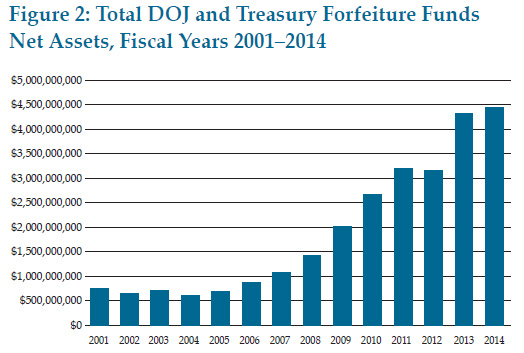
Gerrymandering is the technique of manipulating the boundaries of a voting district in order to achieve a pre-ordained elections outcome. Those in political power use this technique to maintain their power while still giving the illusion that those governed are choosing them in fair elections.
Opponents of gerrymandering are fighting it on several fronts.
Colorado-- Voters passed Measure Y. It creates a commission which must contain representatives of the Democratic, Republican parties, plus must include members who are not affiliated with either party. The commission will be responsible for drawing voting districts.
Michigan-- Voters passed Measure 18-2, which is similar to the Colorado measure.
Missouri-- Voters passed Amendment One. It proposes that a demographer make boundaries that are fair to both major parties.
Utah-- It appears that Utah narrowly passed Proposition 4. It appears that Proposition 4 will create an independent redistricting commission to make recommendations for fair districts. However, the districts will still be created by the state legislature and governor.
It is amazing that in this area of modern technology measures this complicated must be designed to prevent gerrymandering. A simple computer program could be written to make all districts of equal population without regards to ethnicity or party affiliation. I guess that would mean certain groups could not game the system to gain power. That is why there is resistance to such a movement.













